When you strictly limit carbs on the keto diet, your blood sugar levels even out. This could mean great news for those with type 2 diabetes, but there are risks to consider first.
The keto diet is used to treat many health issues, from epilepsy to rapid weight loss. Today, studies show that this low carb, high fat diet could also have therapeutic benefits for type 2 diabetes.
If you’re struggling to control your glucose levels, read on to find out if this high-fat diet is the answer to your dietary woes.
Suffering from Diabetes or blood sugar imbalance?
Grab our FREE Paleo & Diabetes Guide
The Keto Basics
The ketogenic diet, or keto for short, is a dietary program that increases dietary fat intake and strictly limits carbohydrates. The body normally burns glucose from carbs as its primary fuel, but when you’re following a keto plan, the aim is to switch your body to an alternative fuel source: ketones.
Ketosis is the process where your body stops relying on glucose and instead makes ketones from fat stores within your body. This is why it can lead to rapid weight loss for some. However, keto isn’t for everyone, and it doesn’t always produce amazing body transformations. In fact, sometimes it can lead to weight gain or worsened health. Why?
Genetics and other health factors can determine whether a state of ketosis is helpful or harmful. Fortunately, keto is typically good for diabetics due to the diet’s impact on glucose and insulin functioning.
How Keto Affects Glucose and Insulin
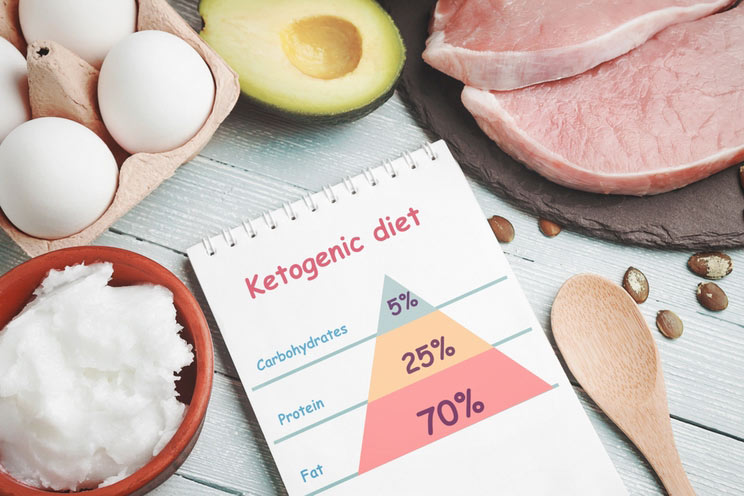
Insulin resistance is common in metabolic syndrome, or “pre-diabetes,” and type 2 diabetes. The body needs to regain sensitivity to this important hormone after excessive glucose levels force the body into a state of resistance. Fortunately, the keto diet has the ability to restore insulin sensitivity. (1)
This is because keto corrects the metabolic pathways that control insulin levels in the body. After a time of mild ketosis, the body’s high insulin levels will be replaced with a reliance on ketones. (2)
One study looking at overweight diabetics found that after 16 weeks of a ketogenic diet, the average participant lost more than six percent of their body fat…
People with type 2 diabetes should strictly limit carbs so that their blood sugar levels don’t get too far out of range. A keto diet restricts carbs to such a minimum that it effectively cuts off the body’s supply of excess glucose. For some, this can have a quick ability to reduce blood sugar levels and can even reduce the need for medication. (3)
Keto can also help to reduce body weight and fat percentage, which can decrease the risk of developing metabolic syndrome or type 2 diabetes in the first place. One study looking at overweight diabetics found that after 16 weeks of a ketogenic diet, the average participant lost more than six percent of their body fat and reduced triglycerides by 40 percent. (4)
Paleo-Keto Foods for Blood Sugar Balance
While you can’t eat an endless amount of carbs on keto, you’ll be filling up on fat (which promotes satiety) and a moderate amount of protein. A keto-Paleo diet focuses on non-dairy sources of fat, which can further reduce the potential for inflammation.
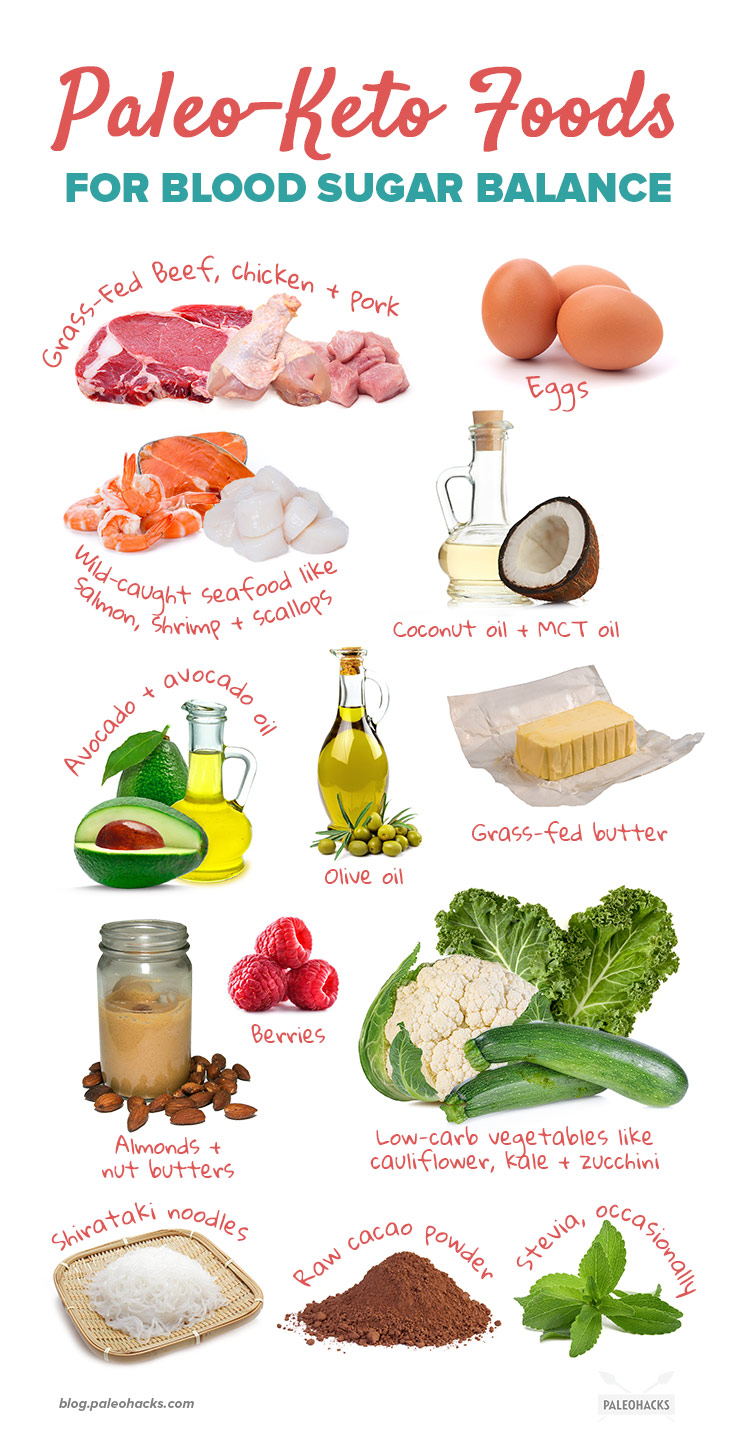
Paleo and keto-friendly foods include:
- Beef and other grass-fed red meats
- Free range poultry
- Pastured pork
- Eggs
- Wild-caught seafood like salmon, shrimp, and scallops
- Coconut oil and MCT oil
- Avocado and avocado oil
- Olive oil
- Certain nuts, like almonds, and nut butters
- Berries
- Low-carb vegetables like cauliflower, kale, and zucchini
- Grass-fed butter
- Shirataki noodles
- Raw cacao powder
- Stevia, occasionally
Is Keto Right for Your Diabetes?
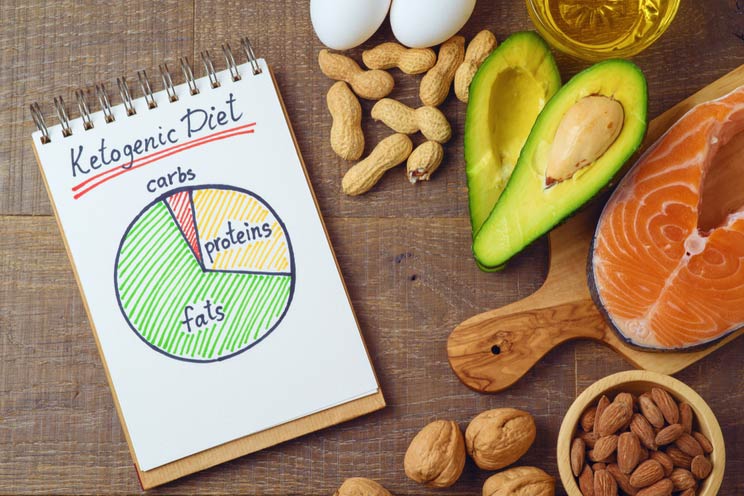
If you have type 2 diabetes or metabolic syndrome, you might be wondering if keto is right for you. There are several factors to consider as well as some risks.
Side Effects and Risks
Even though keto can be therapeutic for diabetes, it does have some potential side effects, some of which can be severe. This is why it’s essential to run every dietary change past your doctor and, in many cases, to work with a nutritionist so that you ensure you’re meeting your unique dietary needs. Keto isn’t a one-size-fits-all plan, and what gets one person into ketosis won’t work for everyone.
Risks of keto can include: (5, 6, 7, 8, 9, 10)
- Hypoglycemia: Even though high blood sugar is bad, ultra-low blood sugar isn’t good, either. People who follow a keto diet are at higher risk of being hypoglycemic, a condition where blood sugar levels are too low.
- Cognitive symptoms: Sometimes keto can cause headaches, fatigue, brain fog, or a general feeling of slowness. This might be a temporary condition often referred to as the keto flu. But if it lasts beyond a week or two, be sure to see your doctor.
- Fluid imbalance: Because keto is a major dietary shift and involves more protein than the average diet, it can be harder on the kidneys. If you have kidney disease or other risk factors, keto might not be for you.
- Constipation: Since keto is low in carbs and fiber, it can affect regularity. Be sure to drink plenty of water to combat this.
- Muscle cramps: Keto alters the electrolyte balance in the body, and some people can experience short or long-term muscle cramping.
- Ketoacidosis: This serious condition occurs when there is too much glucose in the blood from a lack of insulin. This is more commonly seen with type 1 diabetes but can occur in anyone who is following a keto plan. Testing blood glucose levels while on a keto plan is vital to ensure that glucose levels are in a healthy range (usually between 70 to 130 mg/dL). If you experience warning signs like dry mouth, frequent urination, nausea, and problems breathing, seek medical help immediately.
Bottom Line
Going keto requires constant monitoring of both glucose and ketone levels as well as a strict food plan that follows designated macros.
If you are on medications for your diabetes, you’ll need the dosages monitored regularly to ensure that you’re not taking more than you need. Since keto can decrease the need for meds, it’s important that you keep your doctor informed and involved in the process.
The keto diet has the potential to be therapeutic for type 2 diabetes, but it isn’t as straightforward as following a low-carb food plan. Make sure that you educate yourself about the ins and outs of keto, before starting a keto food plan to address diabetes.
(Read This Next: 7 Warning Signs of Diabetes and 3 Ways to Reverse Symptoms


 Roasted Maple Cinnamon Pecan Candies
Roasted Maple Cinnamon Pecan Candies
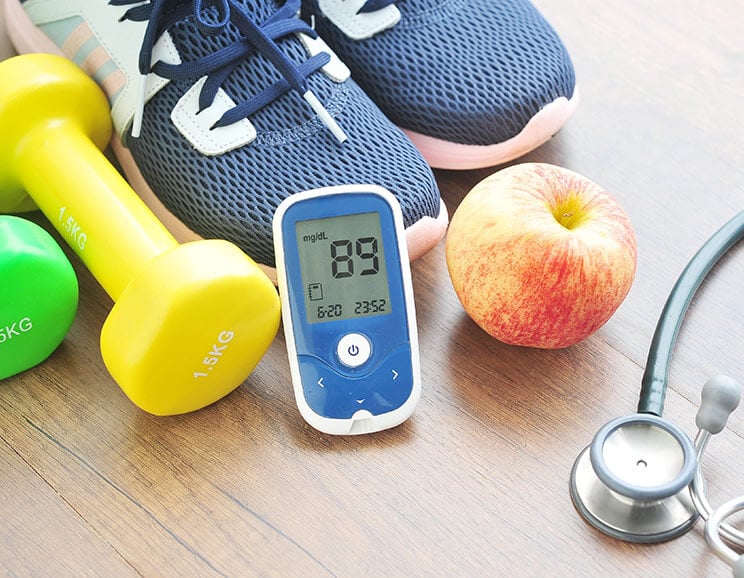


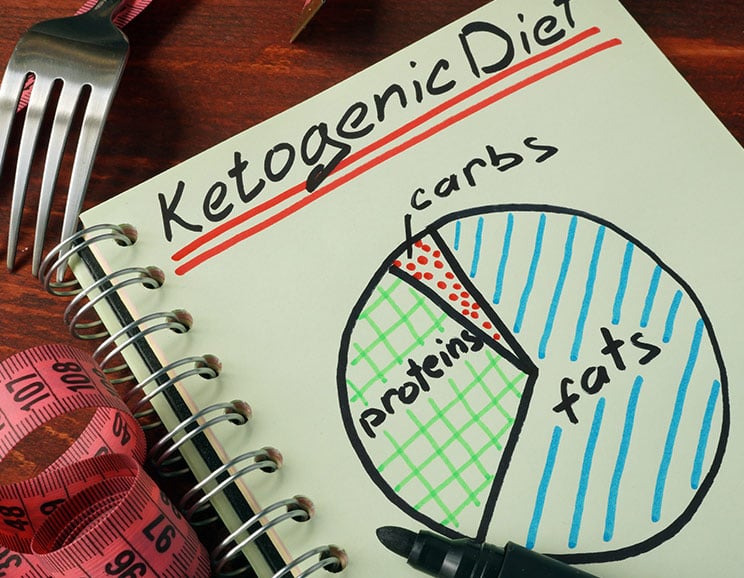





Show Comments